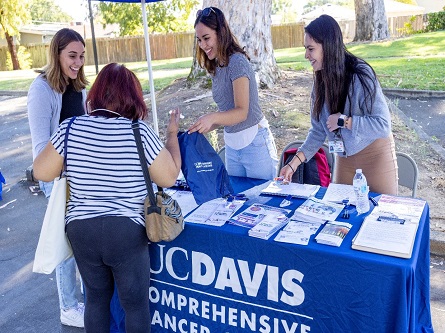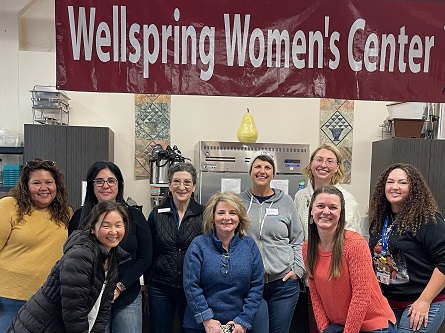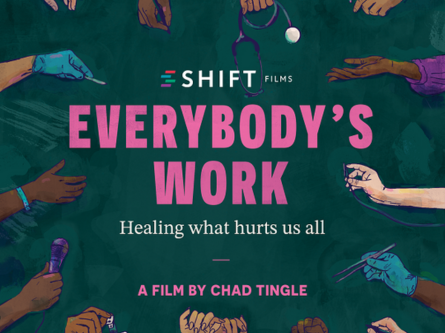By the Office of Community Outreach & Engagement, UC Davis Comprehensive Cancer Center
1 in 2 males and 1 in 3 females will develop cancer during their lifetime (1). However, cancer does not affect everyone equally. Significant cancer disparities exist in geographic regions and among racial/ethnic minority groups. In February, World Cancer Day brings people together worldwide to raise awareness and fight against the global cancer epidemic. Cancer is complex, which is why awareness, prevention, and education are so important. UC Davis Comprehensive Cancer Center’s Office of Community Outreach and Engagement (COE) envisions a future free of disparities in cancer outcomes for all. The COE builds meaningful relationships and works in collaboration with community partners across northern and central California, covering the five million residents living in 19 counties served by UC Davis Comprehensive Cancer Center.
COE develops and delivers material that is culturally appropriate and tailored to specific community outreach and education. Topics include cancer prevention, early detection, screening, and clinical trials. COE organizes CommUNITY Conversations on Cancer (C3) sessions to gain local knowledge from the community about what they see as cancer disparities. Opportunities are identified to enhance collaboration across community, research, and educational institutions. The C3 events consist of facilitated listening sessions with diverse communities on local factors that contribute to cancer, barriers to improving outcomes, and ideas for innovative solutions that leverage the strengths of community-based organizations, population health and UCDCCC team science. Additionally, COE provides evidence-based in-language community Cancer 101 workshops that range from breast, colorectal, lung, and cervical cancer prevention and early detection to educating the community on the importance of participating in cancer clinical trials. Accompanying these workshops are culturally tailored and easy-to-understand educational materials including infographics.
To address screening access issues, the Office fosters and maintains collaborations with Federally Qualified Health Centers (FQHC’s), insurance payers, health systems, and government screening/vaccination programs. Annually, the Office organizes and hosts multiple cancer screening events in the community to make these screenings more accessible to the underrepresented and underserved, especially those who have limited/no insurance, language, and transportation issues.
Learn more about community resources, cancer information, screenings, and UC Davis-affiliated student-run clinics providing free health care to uninsured, low-income, and other underserved populations.

Citations:




